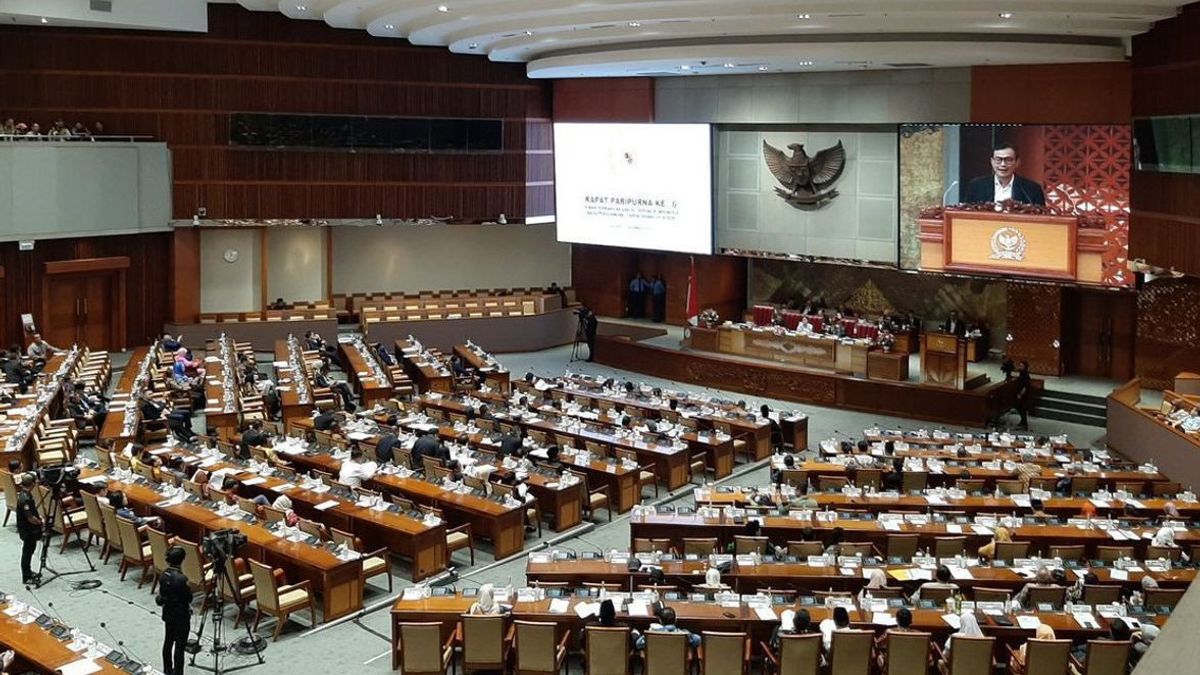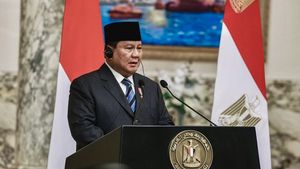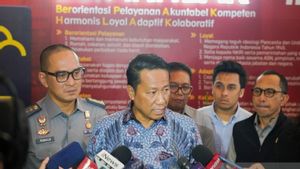JAKARTA - Commissioner of the Central Information Commission (KIP) Arif Kuswardono reminded the government and the DPR regarding the potential for violations if the public was made difficult to access the final draft of the Omnibus Law on the Job Creation Law. This is because information disclosure on public institutions such as the DPR is very much needed.
"The principle is that if public access cannot be opened it violates the public's right to information, this openness is guaranteed in the 1945 Constitution because it is a human right," Arif told reporters, Thursday, October 15.
KIP has actually provided a number of inputs regarding the disclosure of information related to the Job Creation Law.
One of them is by opening and simplifying the channels on their website, so that the public can access them completely from the academic manuscripts to the baleg draft and the draft agreed upon at the plenary session last Monday, October 5.
"Apart from the website , you can open a special dashboard only for the Job Creation Law. All document files, including text, scripts, and videos, the parliamentary tv recordings are all discussed," he said.
This dashboard , later on, can aim to become an access for people who want to access this law. So, even though other sites are disrupted due to too many visitors, the Job Creation Law can still be accessed in other ways.
In addition, KIP also highlighted the DPR's statement which said it was already open about the Job Creation Law because each discussion had been broadcast on Parliament TV.
According to Arif, the use of internal television channels such as Parliamentary TV was deemed too standard and did not make the discussion of the controversial law well published.
"Too conventional and less open. So even though the access is opened, not many publics know," he said.
"Only 900 people watch live Parliament TV. Not up to 1,000. That means less publication, less directed traffic," he added.
Apart from the DPR, said Indra, the government which has accepted the draft also has the responsibility to open access to the law.
"So when the draft reaches the government, it is the obligation of the public agency to convey information. It is not only what is produced but also what is received from other public bodies," he said.
"Now, in this context the government must open access to the Act," he concluded.
The English, Chinese, Japanese, Arabic, and French versions are automatically generated by the AI. So there may still be inaccuracies in translating, please always see Indonesian as our main language. (system supported by DigitalSiber.id)












